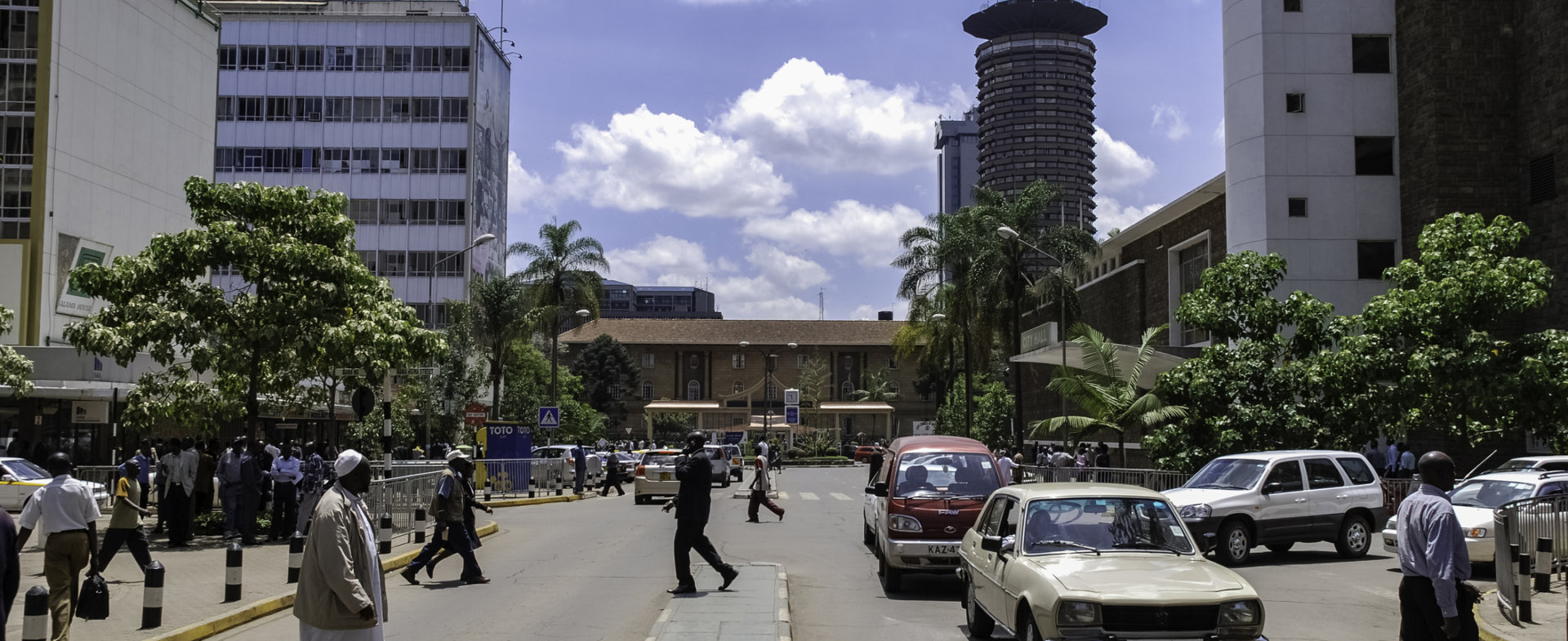The dust was only just starting to settle after a period of turbulence. Two weeks before, Kenya’s long-standing political adversaries, President Uhuru Kenyatta and former Prime Minister Raila Odinga, stood together to deliver a joint statement. They declared a plan to resolve the country’s ethnic and political differences.
Then the revelations about Cambridge Analytica emerged.
The UK’s Channel 4 News exposed the company’s MD Mark Turnbull describing their work on Kenyatta’s 2013 and 2017 campaigns. Turnbull was caught on camera claiming: “We have rebranded the entire [Jubilee] party twice, written the manifesto, done research, analysis, messaging… I think we wrote all the speeches and we staged the whole thing – so just about every element of this candidate.”
Fake news
While the news has caused a lot of worry here in Kenya, it hardly seemed surprising. Last year’s presidential campaign was already awash with rumours of fake news. This was confirmed in a study we conducted in collaboration with GeoPoll, which reported that nine out of ten Kenyans had seen or heard false news reports around the 2017 elections.
Kenya has a history of tense elections. Violence following the 2007 presidential election claimed more than one thousand lives, displacing as many as half a million people from their homes. The added dimension of fake news and digital manipulation to Kenya’s election landscape has been explosive.
Kenyans on Twitter (#KOT)
Portland’s How Africa Tweets survey in 2016 showed that politics and activism are driving conversations in Africa to new highs. Kenya is no exception. Kenyan Twitter users, colloquially known as #KOT (Kenyans on Twitter), have been giving their reaction.
A prolific political commentator, Ory Kolloh Mwangi @kenyanpundit Tweeted: “Finally!! Cambridge Analytica confirms their role in Kenya. 1. Ran campaign in 2013 and 2017. 2. Re-branded TNA and Jubilee 3. Wrote all the speeches 4. “Staged the whole thing” ? 5. “Ran every element of his campaign” Boom!!”
Nairobi lawyer Donald B. Kipkorir @DonaldBKipkorir called on Kenyans to follow up closely on the firm’s activities after the UK government ordered to access its data servers. He wrote: “KENYA must not Move on from Cambridge Analytica … We must be part of the proceedings in England where the Government is opening its Servers … We must know the extent of its activities in Kenya; its use of Fake News, & which Kenyans spread it … All must be held to account.”
However, blogger @IamNjokiKelvin questions this narrative: “The Cambridge Analytica shenanigans are extremely nonsensical and irrelevant in Kenya. Still waiting to see one NASA supporter who would confidently say that he was influenced by the said firm to vote for Uhuru KENYATTA instead of Raila Odinga.”
Only branding?
The Jubilee Party’s Chairperson, David Murathe, has argued they hired CA for “branding purposes” only. While Raphael Tuju, the party’s Secretary General said the claims on the involvement were unverified. Denis Itumbi, the State House Digital Communications Director reaffirmed that the branding and party strategy was done by a team of “young Kenyans.”
Fallout
In an interview with Channel 4 News, Odinga has vowed to sue Facebook for data infringement, as well as Cambridge Analytica for smear campaigns against him in the last election. Given how close the result in 2017 was – Kenyatta’s 54% to Odinga’s 45% – and Kenya’s fraught political history, questions aren’t going away any time soon.
It will be some time before we will know all the facts. But today, Kenyans are asking each other: did Cambridge Analytic make the difference?

